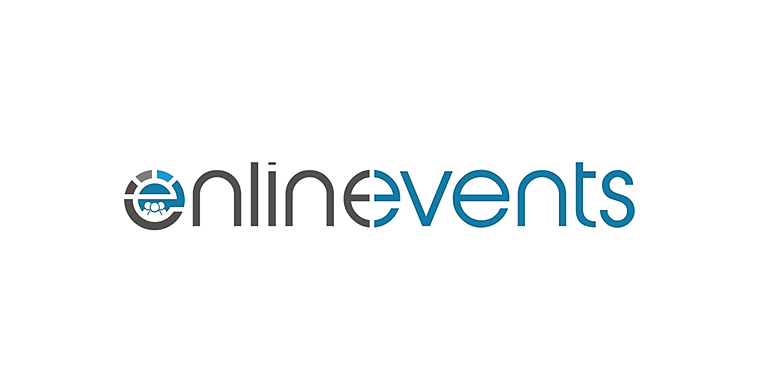An introduction to Bibliotherapy for practitioners and educators who would like to include it in their practice.
Participants will be introduced to the background and benefits of reading “for pleasure” and to a wellbeing model to help clients tailor their book choices and move from surviving to thriving.
“One sheds one’s sicknesses in books – repeats and presents again one’s emotions, to be master of them.” DH Lawrence, The Letters of DH Lawrence
Bibliotherapy dates back to ancient times when libraries were seen as sacred places where answers and healing could be found. This session explores reading as an active strategy to help clients cope with life’s challenges, looking at the wider and deeper ways in which fiction and non-fiction can ‘find’ people, emotionally and imaginatively, helping develop self-esteem, emotional granularity and interpersonal relationships.
Learning Objective Participants Can Expect From This Event
- An understanding of the key principles of Bibliotherapy and how to apply them in your practice, including books ‘on prescription’ and making use of a practical, interactive approach with clients
- The experience of using literature as an art therapy and as form of remedy and healing within our daily lives
- As a powerful tool for a facilitator to foster group cohesion and introduce other elements, such as therapeutic writing
Who is This Workshop Appropriate For?
- Therapists and educators interested in integrating Bibliotherapy into their practice
How May This Workshop Impact Your Practice?
- This workshop will provide a theoretical and practical context to Bibliotherapy and reading for wellbeing and show how it can be integrated into our work practice
Course Content
Presenter

Nicole Moody has worked as an instructor and facilitator since 2008, teaching a range of courses to American undergraduate students. Partly as a response to the pandemic, Nicole designed, developed and delivered a new course: “Bibliotherapy – The Art of Reading for Wellbeing”. The course explores the way reading can be used as a tool towards improving the quality of our everyday lives, aiding the enhancement of self-esteem, interpersonal relationships, and emotional granularity. She has delivered webinars on Bibliotherapy and is an experienced facilitator who has run Reading for Wellbeing and Therapeutic Writing workshops. She has spoken in schools, book shops and charities and runs a regular “Reading for Wellbeing course” at her local independent bookstore, Books on the Hill in St Albans.


